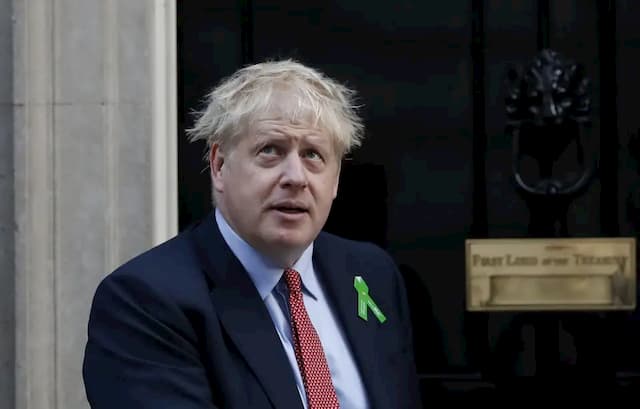Brexit: “A Narrow Path Still Possible” for an Orderly Exit

Brexit? The suspense continues …
The French Secretary of State for European Affairs, Amelie de Montchalin, said Friday that the scenario of an agreement with London on an orderly Brexit was “still possible”.
The two European and British negotiators on Brexit, Michel Barnier and Stephen Barclay, meet again this Friday in Brussels to evaluate the chances of unblocking the talks, after a tense week and before a crucial European summit on October 17th, preceded by a meeting Foreign Ministers on Monday 28 in Brussels.
“We are not going to sleep”
“There is the scenario that is a narrow path, which is still possible, that we have wanted for three years, which is to do things in an orderly manner and therefore that we find an agreement,” said the minister on France Inter, while judging “probable” the hypothesis of a “no-deal”.
“We are working on an agreement, not just any agreement, under any conditions. We are not going to bed when it’s been two and a half years that we have laid down principles, simple principles: we want peace in Ireland, we want to protect our companies from unfair competition and we want our future relationship to be balanced (…) This path is pursued, “explained Ms. de Montchalin.
The scenario of the no-deal evoked
British Prime Minister Boris Johnson and his Irish counterpart Leo Varadkar lit up a glimmer of hope on Thursday, saying “a path to a possible agreement” on the issue of the Irish border, the main hard point between negotiators.
“There is a second scenario, it’s the no-deal scenario. This is the scenario where we can not agree because we have laid down principles and the British in a certain way do not follow us, “said Ms. de Montchalin.
Give time or not
This scenario, “it is likely at this point, if the negotiations do not happen as one might hope they happen if there is no side of the table, and especially the side British, the desire to go to compromises, “she said, warning that the no-deal” it will shake. ”
“There is a third scenario is (…) that we give ourselves more time,” she added, observing, “Why give more time? If it’s time for time, it makes (..) three years that it lasts and we did not understand ».
Enjoyed this? Get the week’s top France stories
One email every Sunday. Unsubscribe anytime.


